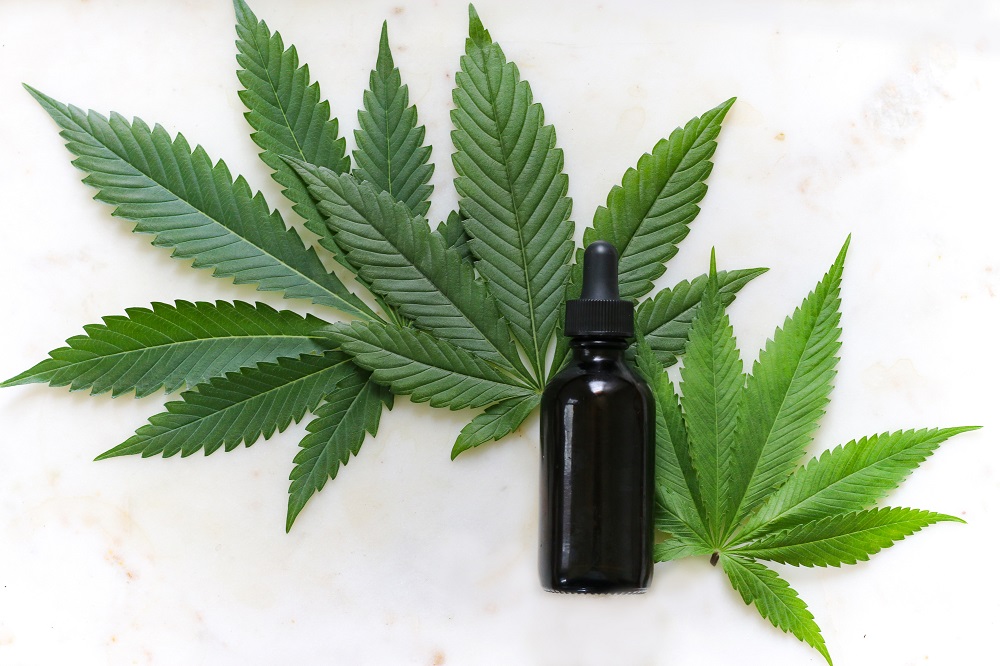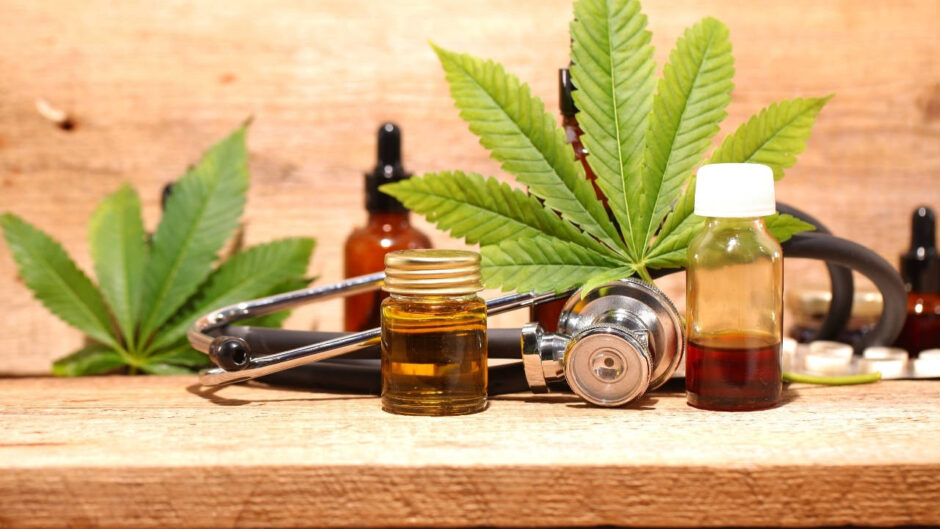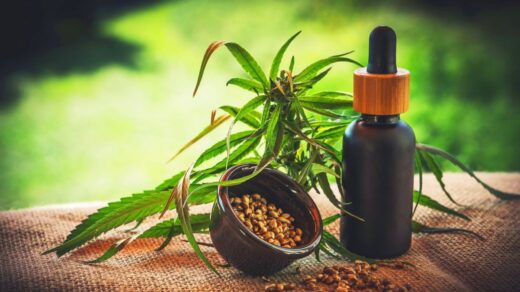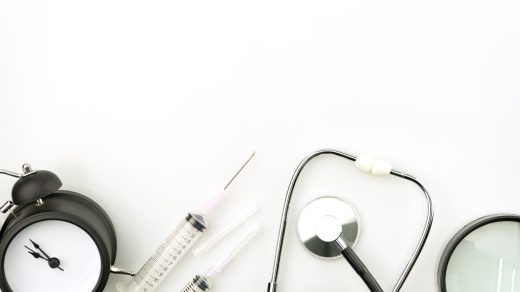Introduction
In recent years, the interest in Cannabidiol, or CBD, has surged as a potential remedy for a wide array of health issues, particularly anxiety. Anxiety disorders affect millions of people worldwide, and the quest for effective treatments has led many to explore natural alternatives like CBD. This article aims to provide a comprehensive overview of CBD and its potential in managing anxiety. We will delve into the mechanisms, research findings, potential risks, and the legal status surrounding CBD’s use.
Understanding Anxiety
Before we delve into the role of CBD in anxiety management, it’s essential to understand the nature of anxiety itself. Anxiety is a natural response to stress and potential threats, often referred to as the “fight or flight” response. In moderate amounts, anxiety can be adaptive, helping individuals stay alert and focused. However, when anxiety becomes excessive, chronic, or overwhelming, it can develop into an anxiety disorder, significantly impacting an individual’s daily life.
Anxiety disorders encompass a wide range of conditions, including Generalized Anxiety Disorder (GAD), Social Anxiety Disorder, Panic Disorder, and Specific Phobias. While treatment options typically include psychotherapy, medication, or a combination of both, many people seek alternative treatments like CBD due to concerns about the potential side effects of prescription drugs.

What is CBD?
Cannabidiol, commonly known as CBD, is a chemical compound found in the Cannabis sativa plant. It is one of over a hundred different compounds, known as cannabinoids, found in the plant. Unlike its well-known counterpart, delta-9-tetrahydrocannabinol (THC), CBD is not psychoactive, meaning it does not produce the euphoric “high” associated with marijuana use.
CBD has gained significant attention for its potential therapeutic benefits in various health conditions, including anxiety. It is available in various forms, including oils, capsules, gummies, and topical creams, making it accessible to a wide range of users.
CBD and Anxiety: The Mechanisms
To understand how CBD might help with anxiety, it’s important to explore the mechanisms through which it interacts with the human body. The human endocannabinoid system (ECS) plays a pivotal role in this interaction. The ECS is a complex cell-signaling system that regulates a wide range of physiological processes, including mood, stress response, and pain perception.
CBD interacts with the ECS by influencing its two primary receptors: CB1 and CB2. While CB1 receptors are primarily located in the brain and central nervous system, CB2 receptors are found throughout the body, particularly in immune cells. CBD’s potential anti-anxiety effects are believed to be mediated through its interactions with these receptors.
CB1 receptors are responsible for regulating emotional responses, including anxiety and fear. By influencing these receptors, CBD may help to modulate the brain’s response to stressful situations, reducing the intensity of anxiety. It is essential to note that CBD does not directly bind to these receptors but rather influences their signaling.
Additionally, CBD has been shown to increase the levels of anandamide, a naturally occurring cannabinoid in the body often referred to as the “bliss molecule.” Anandamide is thought to play a role in mood regulation, and by inhibiting its reuptake, CBD may enhance its mood-boosting effects, contributing to reduced anxiety.
The Research on CBD and Anxiety
Scientific research on CBD’s efficacy in managing anxiety is ongoing but shows promise. Several studies have been conducted to examine the potential benefits of CBD in individuals with anxiety disorders. Here are some key findings from the existing research:
Generalized Anxiety Disorder (GAD): A 2015 review of studies published in Neurotherapeutics concluded that CBD showed promise in reducing anxiety symptoms in preclinical and clinical models, particularly in cases of GAD.
Social Anxiety Disorder: A 2019 study published in The Permanente Journal found that CBD significantly reduced anxiety in a sample of 72 individuals with social anxiety disorder. The study suggested that CBD was well-tolerated and safe.
Post-Traumatic Stress Disorder (PTSD): A 2019 study published in The Journal of Alternative and Complementary Medicine indicated that CBD may reduce symptoms of PTSD in individuals who had experienced a traumatic event.
Sleep and Anxiety: Anxiety often disrupts sleep, and some research suggests that CBD may help improve sleep quality, potentially reducing anxiety-related sleep disturbances.
It’s important to note that while these findings are promising, further research is needed to establish the precise dosages and long-term effects of CBD in managing anxiety. The effects of CBD can vary from person to person, and individual responses may differ.
Potential Risks and Side Effects
CBD is generally considered safe when used as directed. However, there are potential risks and side effects to be aware of, including:
Interaction with Medications: CBD can interact with certain medications, such as blood thinners and medications that affect liver enzymes. It’s essential to consult with a healthcare professional before using CBD, especially if you are taking other medications.
Gastrointestinal Issues: Some individuals may experience mild digestive issues, such as diarrhea or changes in appetite, when using CBD.
Fatigue: In some cases, CBD may cause drowsiness or fatigue. It’s crucial to avoid activities that require alertness, such as driving or operating heavy machinery, until you know how CBD affects you.
Quality and Purity: The quality and purity of CBD products can vary significantly. It’s essential to choose high-quality products from reputable sources to ensure safety and effectiveness.
Potential Legal Issues: The legal status of CBD varies by location. It’s crucial to be aware of the laws and regulations regarding CBD in your area.
Legal Status of CBD
The legal status of CBD varies from one country to another and even within different states or regions of the same country. In the United States, for example, the 2018 Farm Bill legalized the cultivation and sale of industrial hemp, which is the primary source of CBD. This has made CBD derived from hemp legal at the federal level, as long as it contains less than 0.3% THC.
However, individual states may have their regulations regarding the sale and use of CBD products, and it’s essential to be aware of the laws specific to your area. In some places, CBD products may still be subject to restrictions, so consumers should exercise caution.
Different Forms of CBD for Anxiety
CBD is available in a variety of forms to suit different preferences and needs. Some of the most common forms include:
CBD Oil: CBD oil is one of the most popular and versatile forms of CBD. It can be taken sublingually (under the tongue) for fast absorption or added to food and beverages.
CBD Capsules: Capsules provide a convenient and precise way to take CBD. They are pre-dosed, making it easy to control your intake.
CBD Gummies: Gummies are a tasty and discreet way to consume CBD. They are pre-measured and offer a slow release of CBD.
Topical CBD: Creams, balms, and lotions infused with CBD are designed to be applied directly to the skin. While they may not have a direct impact on the brain’s receptors, they can help alleviate localized discomfort, which may indirectly reduce anxiety.
Vaping CBD: Some people prefer inhaling CBD through vaporization, which offers rapid effects. However, it’s important to note that the long-term health effects of vaping are still being studied.
CBD Edibles: CBD is also available in various food products, such as chocolate, coffee, and even water. These products provide an easy and enjoyable way to consume CBD.
Each form of CBD has its unique advantages, and the choice largely depends on individual preferences and the desired effects. For anxiety management, many people opt for CBD oil or capsules due to their ease of use and precise dosing.
Practical Considerations for Using CBD
When considering CBD as a remedy for anxiety, several practical factors should be kept in mind:
Dosage: The appropriate dosage of CBD can vary significantly from person to person. Start with a low dose and gradually increase it until you achieve the desired effect. Consulting a healthcare professional can be particularly helpful in determining the right dosage.
Consistency: Consistency is key when using CBD for anxiety. Taking it at the same time each day can help maintain a stable level of CBD in your system.
Quality: Ensure that you are using high-quality CBD products. Look for products that have been third-party tested for purity and potency. This helps to ensure that you’re getting what you pay for and that the product is free from contaminants.
Interactions: As mentioned earlier, CBD can interact with certain medications. It’s crucial to discuss the use of CBD with your healthcare provider, especially if you are taking other prescription drugs.
Patience: CBD may not provide immediate relief. It can take some time for its effects to become noticeable. Be patient and give it a few weeks to assess its impact on your anxiety symptoms.
Lifestyle Factors: Combining CBD use with a healthy lifestyle can enhance its efficacy in managing anxiety. Regular exercise, a balanced diet, and stress-reduction techniques can all complement the potential benefits of CBD.
Individual Variation: It’s important to remember that individuals may respond differently to CBD. What works for one person may not work the same way for another. Factors like genetics, metabolism, and the severity of anxiety can all play a role in how CBD affects you.
Ongoing Research and Future Directions
The exploration of CBD’s potential for anxiety management is far from over. Ongoing research is continually uncovering new insights into its mechanisms and applications. Some areas of interest include:
Optimal Dosage: Determining the most effective and safe dosage of CBD for anxiety remains a priority. More research is needed to provide clear guidelines for consumers.
Long-term Safety: While short-term studies indicate that CBD is well-tolerated, long-term safety data is limited. Continued research will help assess any potential risks associated with extended use.
Combination Therapies: Research into the combination of CBD with other therapeutic approaches, such as cognitive-behavioral therapy, is an area of interest. Combining treatments may offer enhanced benefits for individuals with anxiety disorders.
Specific Anxiety Disorders: Studies exploring the efficacy of CBD for specific anxiety disorders, such as obsessive-compulsive disorder (OCD) and social anxiety disorder, are ongoing. This research may provide valuable insights into the targeted use of CBD.
Neuroimaging Studies: Neuroimaging studies are helping researchers understand how CBD affects the brain’s structure and function, offering a deeper understanding of its mechanisms in managing anxiety.
Exploration of Terpenes: Terpenes are aromatic compounds found in the cannabis plant, and they may have their therapeutic benefits. Some researchers are investigating how different terpene profiles in CBD products may influence their effects.
As research continues, it’s expected that a more comprehensive and evidence-based understanding of CBD’s potential in managing anxiety will emerge. This could lead to the development of more refined CBD-based treatments and further integration of CBD into mainstream mental health care.
Conclusion
CBD holds promise as a natural remedy for managing anxiety, with emerging research suggesting its potential benefits in reducing symptoms of anxiety disorders. However, it is essential to approach CBD use with caution and under the guidance of a healthcare professional, particularly if you are already taking medications or have specific health concerns.
The efficacy of CBD in managing anxiety may vary from person to person, and it is not a one-size-fits-all solution. Furthermore, the legal status of CBD can vary depending on your location, so it’s crucial to stay informed about local regulations.




